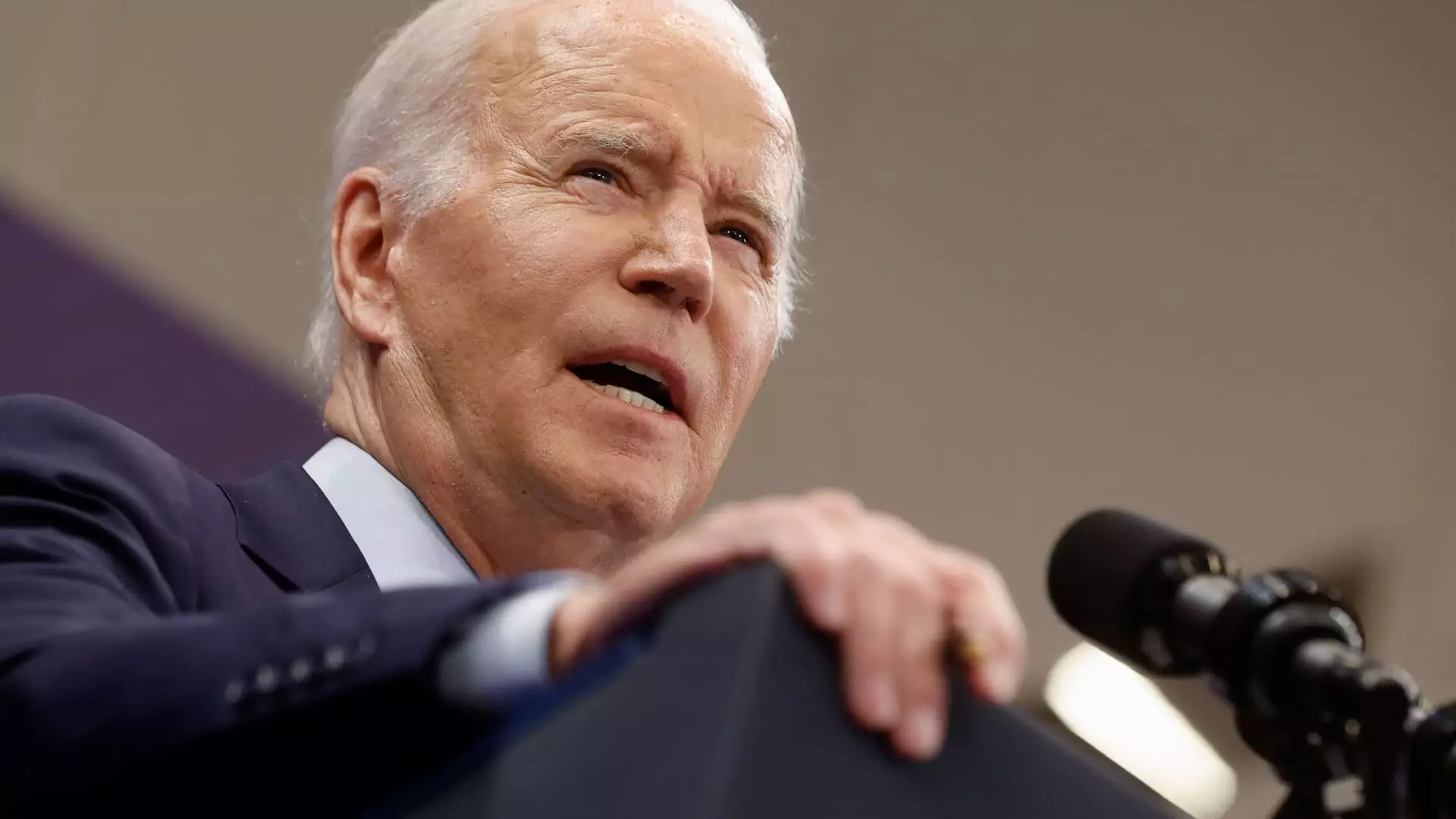The White House is currently taking a cautious approach in response to Iran’s attempted strike on Israel. National Security spokesperson John Kirby emphasized the need to adopt a “wait and see” stance rather than rushing into immediate action. President Joe Biden’s administration is focused on utilizing diplomacy to ease the tensions instead of resorting to military measures.
Since the conflict began, President Biden has been working diligently to prevent the situation from spiraling into a broader regional war. The administration’s priority is to maintain stability and prevent further escalation in the Middle East. The recent attack by Iran on Israel, which involved hundreds of aerial weapons and ballistic missiles, was handled with coordination between Israel, the U.S., and other regional partners.
Despite the severity of the attempted strike, there was minimal infrastructure damage in Israel. A senior administration official highlighted the successful interception of most of the incoming missiles. The White House’s immediate response was geared towards de-escalating the situation and preventing it from evolving into a full-scale conflict.
G-7 Leaders and Diplomatic Response
President Biden convened a meeting with G-7 leaders to address the Iran attack and discuss a united diplomatic response. The focus of the meeting was on coordinating efforts to stabilize the situation and avoid further escalation. Sanction measures and the designation of Iran’s Islamic Revolutionary Guard Corps as a terrorist group were among the topics discussed during the meeting.
Future Considerations and Potential Escalation
Iran indicated that its attack could be considered concluded for the time being, suggesting a cooling of tensions. However, the possibility of further escalation remains, especially if Israel were to make another move. Tehran has warned of a severe response to any future provocations, while Israel has vowed to defend itself in the face of potential threats.
U.S. Stance and Support for Israel
During a call with Israeli Prime Minister Benjamin Netanyahu, President Biden reassured that the U.S. would not engage in offensive operations against Iran. However, the U.S. remains committed to assisting Israel in its defense efforts. The decision on the next steps to be taken lies with Israel, as emphasized by National Security spokesperson John Kirby.
The White House’s response to Iran’s attempted strike on Israel exemplifies a calculated and diplomatic approach aimed at minimizing conflict and promoting stability in the region. By prioritizing diplomacy and coordination with allies, President Biden’s administration is working towards de-escalation and preventing the situation from worsening. The careful consideration of the potential consequences of military action underscores the importance of thoughtful decision-making in times of crisis.

Leave a Reply